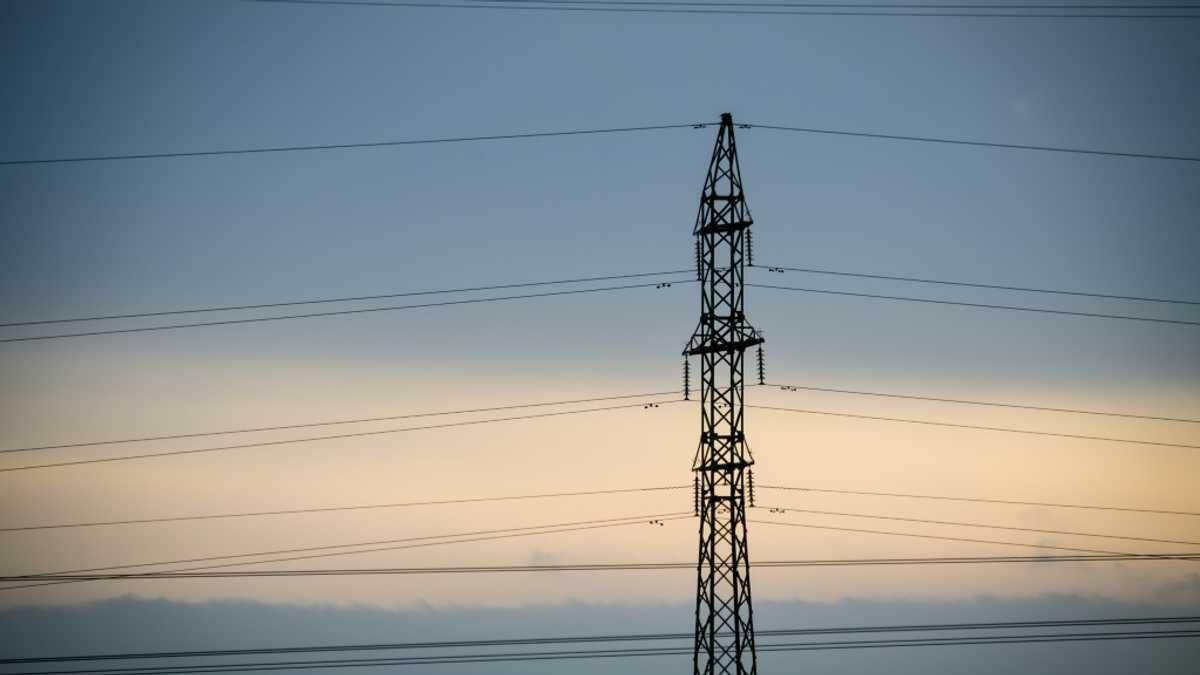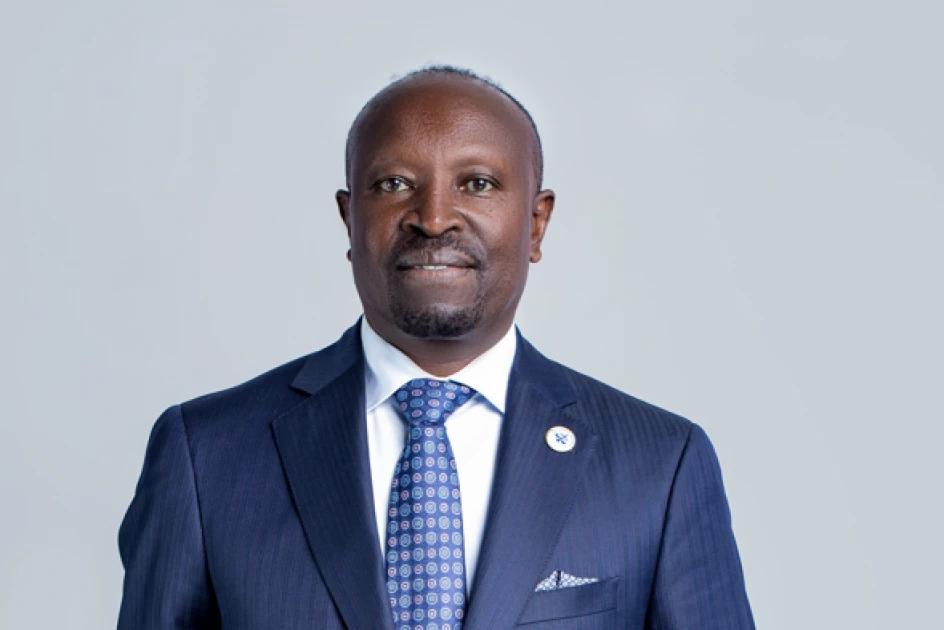
The three Baltic nations—Estonia, Latvia, and Lithuania—successfully disconnected from Russia’s power grid on Saturday, seamlessly integrating with the European Union’s energy network after years of preparation. The transition, which gained urgency following Russia’s 2022 invasion of Ukraine, strengthens their energy security and eliminates the risk of Russian influence over their electricity supply.
The Baltic countries, all EU and NATO members, had long planned to sever ties with Russia’s power system but expedited the move after the war in Ukraine heightened concerns over regional security. Moscow’s invasion fueled fears that the Baltics could be the next target, given their strong support for Ukraine. Many leaders also worried that Russia could use energy as a tool for coercion.
“We are safe because we have disconnected from the Russian grid,” said Nerijus Cesiulis, the mayor of Alytus in Lithuania. He emphasized the importance of preventing incidents similar to recent sabotage cases in the Baltic Sea, where undersea communication and power cables were mysteriously severed. Some experts believe Russia engages in "hybrid warfare" by targeting energy infrastructure, though Moscow denies these accusations.
Despite concerns about potential disruptions, the transition went smoothly, and Russian authorities cooperated in the disconnection process. The European Commissioner for Energy, Dan Jorgensen, hailed the event as a “historic day,” stating, “I like the light better when there’s no Russian electrons involved.” He also emphasized that no European country should be dependent on Russia for energy.
Ukrainian Energy Minister German Galushchenko welcomed the move, calling it a major step toward energy independence for the region. “Such steps deprive the aggressor of the opportunity to use the electricity sector for blackmail and political games,” he said.
After the switch, Latvia physically cut a power line to Russia, symbolizing their complete energy independence. “Now we have complete control over our power grid,” said Latvian Energy Minister Kaspars Melnis, holding a piece of the dismantled wire.
Lithuania’s Energy Minister Zygimantas Vaiciunas said the transition eliminated any potential for Russia to manipulate their power supply. For a brief period, the Baltic states operated in “isolated mode” to test the stability of their system before fully synchronizing with the EU grid through Poland.
The project, funded largely by the EU, cost around €1.6 billion ($1.7 billion) and involved extensive upgrades in Estonia, Latvia, Lithuania, and Poland. European Commission President Ursula von der Leyen was expected to attend a ceremony in Vilnius on Sunday to mark the achievement.
For many in the region, the transition carried deep symbolic meaning. Aras Valiukas, a Lithuanian engineer, saw it as a final break from Soviet-era control. “We have disconnected from the Soviet Union,” he said.
Although the Baltics had already stopped buying Russian electricity and gas after the war began, their power grids remained physically linked to Russia and Belarus, with Moscow maintaining control over grid stability. This dependency created a vulnerability, as any disruptions could have impacted essential infrastructure.
Despite political tensions, Russian energy officials ensured a smooth transition. Latvian grid operator AST confirmed that Russia even disconnected power from their side at the same time, avoiding complications. “The biggest surprise today is that there are no surprises,” AST CEO Rolands Irklis said.
Litgrid, Lithuania’s state-run operator, noted that Russia had its own reasons for cooperating. Kaliningrad, a Russian exclave between Lithuania and Poland, was partially reliant on Baltic energy flows. Ensuring a smooth transition was crucial for maintaining Kaliningrad’s power supply. The region had spent years building up its own energy capacity in preparation for the cut-off.
Kremlin spokesperson Dmitry Peskov dismissed any concerns about Kaliningrad’s electricity security, stating last week, “We have taken all measures to ensure the uninterrupted reliable operation of our unified energy system.”
With this transition, the Baltic states have secured energy independence from Russia, marking a major geopolitical shift and reinforcing their alignment with the European Union.
Business

Absa Bank Names Mohammed Nyaoga as New Board Chairman
Absa Bank Kenya has appointed lawyer Mohammed Nyaoga as its new board chairman, marking a significant leadership transition.

South Africa in Talks with Chinese Carmakers on Local Production
South Africa is negotiating with major Chinese carmakers to boost local vehicle production and reduce reliance on imports.